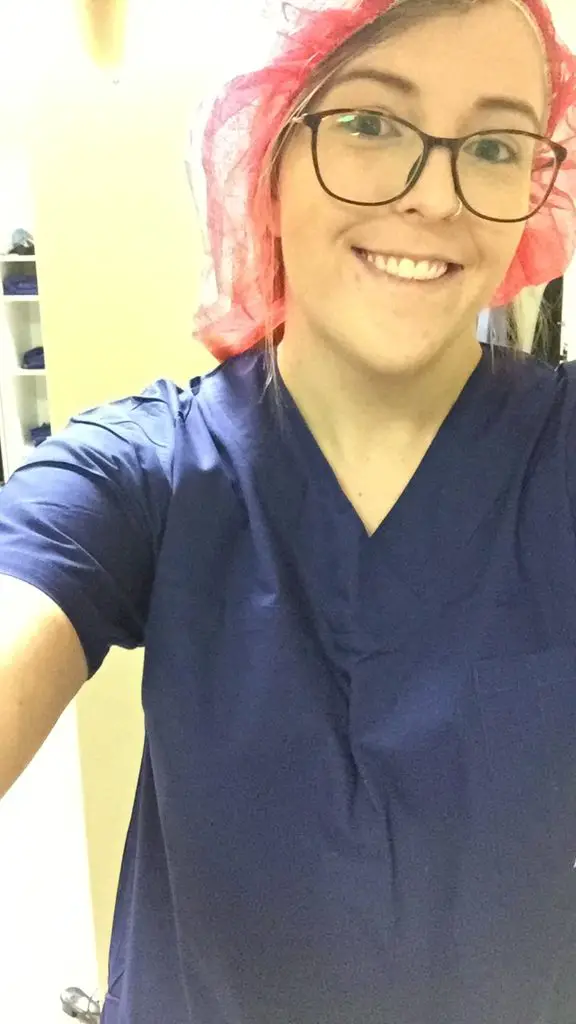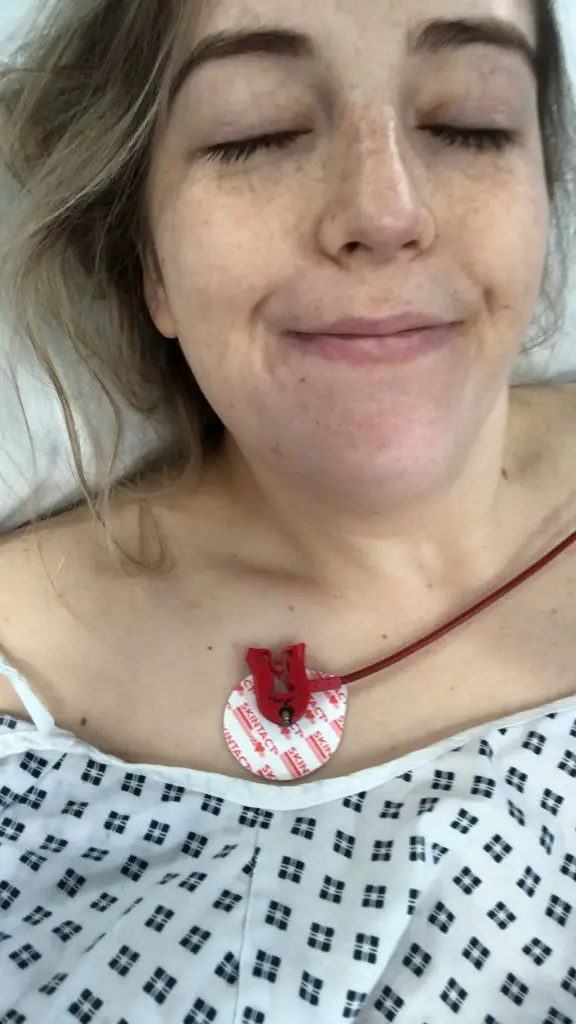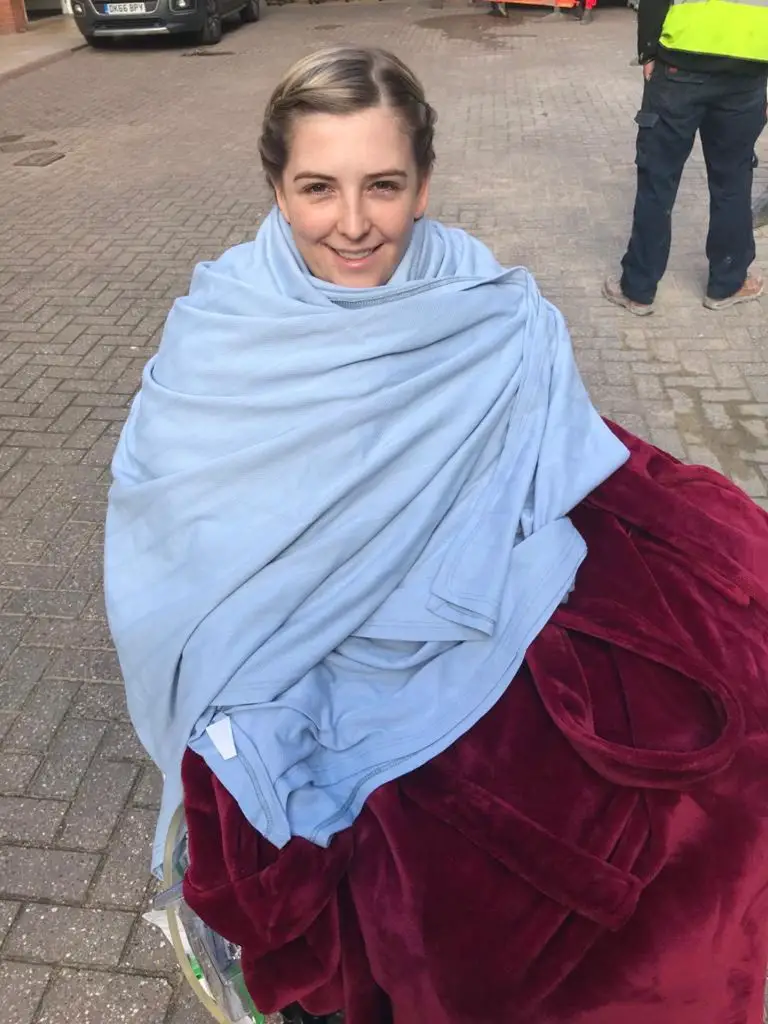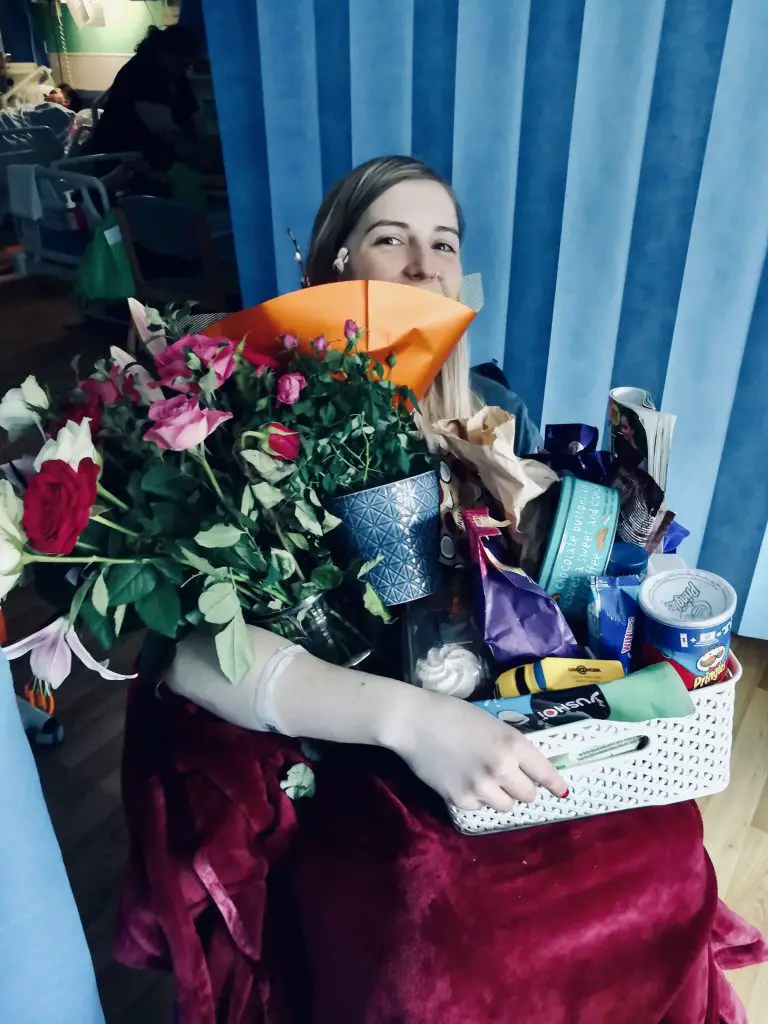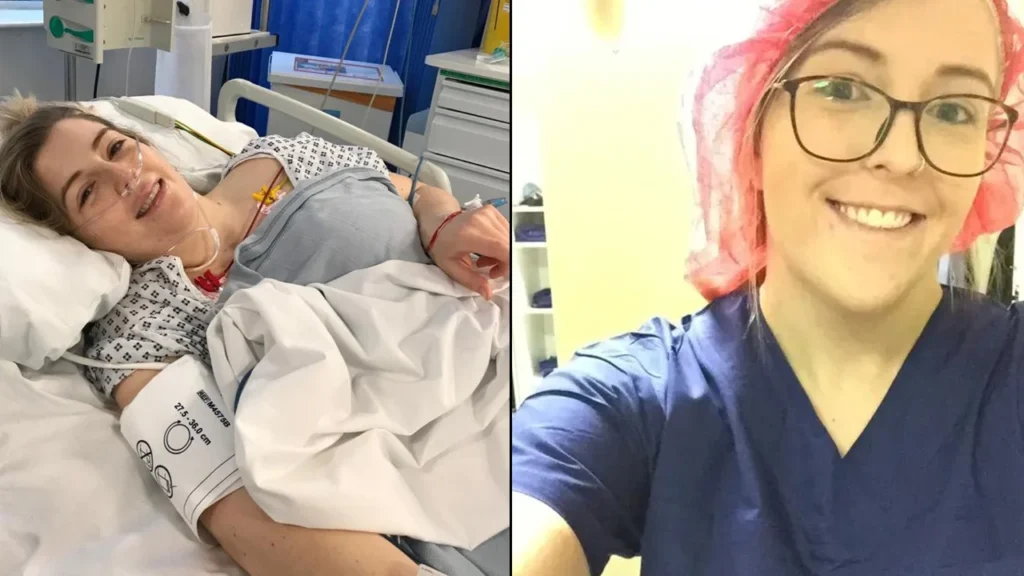
The neck-cracking habit of a 23-year-old paramedic left her paralyzed.
A 23-year-old paramedic is now paralyzed after what seemed like a harmless neck-cracking habit turned into a major medical emergency. Natalie Kunicki, a member of the London Ambulance Service, is now urging others to reconsider the risks of joint manipulation.
Kunicki, originally from Australia, was in bed with a friend, watching a movie after a night out. As she stretched her neck, she heard a loud crack, but thought nothing of it. Just 15 minutes later, she woke up to find her left leg was completely immobilized. When she tried to stand, she collapsed.
Kunicki was rushed to the hospital, where a CT scan revealed the shocking truth: she had suffered a stroke. The cause? A tear in her spinal artery, a critical blood vessel in the neck, occurred when she stretched. This tear led to a blood clot forming in her brain, resulting in the stroke.
The news left Kunicki in disbelief. “I didn’t feel anything for days,” she recalled. With support from her friends and family, she’s now adjusting to her new reality.
Strokes can strike at any age, yet many people believe they’re not at risk. “Something as simple as cracking your neck can trigger a stroke, even in young people,” Kunicki warned. She emphasized how crucial it is to act quickly when a stroke happens, as brain cells can die every minute.
Kunicki also advised caution when performing chiropractic movements or lifting heavy weights at the gym. Her experience is a stark reminder that even small actions can lead to life-altering consequences.
Kunicki admitted she hesitated to call 999 at first, worried that the emergency responders might see her as “tipsy.” Instead, she tried to go back to sleep.
After tossing and turning, her embarrassment faded, and she finally called for help.
“I didn’t call right away because I was afraid my friends would see me like that,” she explained. “I called because I was tired but couldn’t sleep. When the responders arrived, they didn’t seem to know each other, which was reassuring.”
“At first, they thought I was just another 23-year-old drunk,” Kunicki said. “But I told them I was a paramedic and felt something was seriously wrong.”
Kunicki recalled the moment: “I was lying in bed, watching something with a friend when I stretched my neck and heard this ‘crack, crack, crack.’ A friend asked if that was my neck. I laughed and said no, my joints crack all the time.”
“About 15 minutes later, I woke up needing to go to the bathroom, but I felt a leg on the bed.” Kunicki asked her friend to move her leg. While drunk, it seemed odd, but she didn’t think much of it. However, going to the bathroom proved difficult—her left leg wouldn’t move, and she collapsed to the floor.
“My friend rushed over to help,” she recalled. “He thought I was just drunk, but I felt strange and wondered if I might have been high. I remembered hearing about drugs that make you immobile.”
Kunicki made it clear she doesn’t smoke, drink excessively, or have a family history of strokes. “I was in shock for about three days in the ICU,” she shared. “I kept to myself, stayed quiet, and didn’t talk or laugh. People said I didn’t seem human, more like a robot.”
Some friends in the ambulance service gave her a reality check: “You’ve got one week to pull yourself together, or we’ll help you.” They let her feel sorry for herself for a week, but then pushed her to improve and stick to her routines.
“They were amazing in helping me with therapy,” Kunicki said. “They helped me reach all my therapy goals, goals I might not have achieved without them.”
During a three-hour surgery at the National Hospital for Neurology and Neurosurgery, doctors discovered Kunicki’s torn artery. They used a stent to repair the artery, but the clot in her brain remained. Doctors believe it will eventually break down on its own.
Kunicki admitted, “I thought I’d feel better after surgery, but my mobility was worse than before.” She recalled, “At first, my thumb and forefinger wouldn’t move. My hand had slight movement, but I couldn’t lift my arm or my toes.”
As part of the tests, doctors touched her left side while her eyes were closed. “I didn’t feel anything,” she said. “It felt like I had a bad sunburn on my left side.”
Kunicki recalled, “When I woke up, I think I scared my consultant.” When the doctor checked on her, she bluntly told her, “You should have killed me.”
“Depression after a stroke is common because you lose so much freedom and pride,” Kunicki explained. A nurse had to help her shower while she was in a wheelchair. “Who needs help with that at 23?” she thought. It felt strange.
As she regained movement and sensation, Kunicki began to feel “much better.” Now, she’s determined to raise awareness about how strokes can affect younger people. Even though she works in healthcare, she was shocked to discover how common strokes are in younger individuals.
“I’ve helped many stroke patients, mostly older people in their 70s or 80s,” she said. “But mine was one in a million.” Kunicki explained, “Younger people actually experience ruptured vertebral arteries more often than you think.”
“These strokes can happen while working out or at the gym. Even kids can have strokes. I thought I knew better as a healthcare worker, but I didn’t. It shocked me.”
“Typically, when responding to a young person, you wouldn’t immediately think they’re having a stroke,” Kunicki said. As a paramedic, she felt fortunate that her crew took her concerns seriously.
“It’s so important for me to spread the word that anyone can have a stroke.”
According to Medical News Today, a stroke occurs when a brain blood vessel either bursts or gets blocked, cutting off blood flow to brain cells, which eventually die. The Centers for Disease Control and Prevention (CDC) reports that one in seven strokes occur in adults aged 15 to 49. While older individuals are more likely to experience strokes, younger people are not immune.
